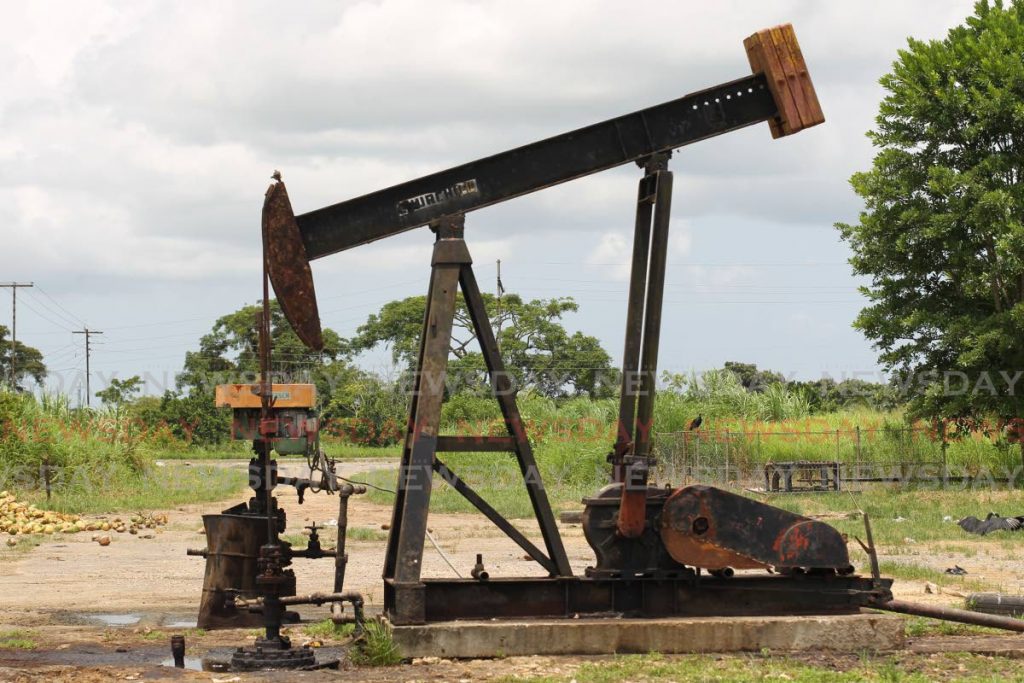Charity begins at home

The Central Bank has called for “structural reform” of the economy suggesting the upcoming budget would do well to focus on “behind the border” issues which can make the economy more resilient to external shocks.
In its latest bulletin, the bank laid bare the challenges.
It suggested we cannot put all eggs into the energy sector. Unless global conditions shift, declines there are likely to continue for years notwithstanding promised explorations whose futures are as far into the future as they are contingent.
Even more worrying, however, is the dampening of activity in the non-energy sector which the bank found to be “uneven and somewhat lethargic”. The falloff in labour demand (a decline of 43.4 per cent) also does not augur well.
These latter two areas will have to take priority in terms of the structural reform envisioned.
While the State cannot address the output issues in the energy sector overnight (indeed some of those issues are tied to geopolitical considerations perhaps well beyond our reach) it can do its best to address things closer to home affecting its people and its local businesses.
In an important intervention, the bank has stated, “the virus’ pervasive reach has put a stronger light on distributional issues, notably the need to protect the most vulnerable members of society who are likely to bear a disproportionate burden from the pandemic.”
This will have to be the first port of call.
With a distressing fall off in labour demand, the social safety net needs to be significantly reformed and bolstered. Such protections need not be long-term – indeed they will raise difficult questions of sustainability – but they will serve as an important baseline on which economic recovery will have to rest.
This is not just a social issue, it is also economic. Consumer spending is key when it comes to the fate of companies. Additionally, social factors have direct implications for crime and security – both of which present significant overheads.
The bank has echoed calls for measures to improve the ease of doing business; to enhance flexibility in the provision of public and private sector goods and services; and to move forward widespread and safe adoption of digital processes.
These are all areas touched upon already by the Cabinet’s recovery team.
There is, nonetheless, the lingering question of whether this country will have to make recourse to international bodies like the International Monetary Fund (IMF). When it comes to funding measures to support businesses and citizens alike, such a question is not irrelevant though such agencies themselves often impose conditions very much like the reforms already being discussed.
For the time being, the various business chambers have pointed to the usual issues but this year have placed emphasis on tax breaks and on helping companies stay alive.
All of it points to an inevitable conclusion. The State needs to raise revenue while also understanding charity begins at home.


Comments
"Charity begins at home"